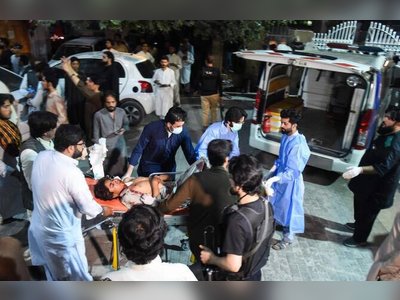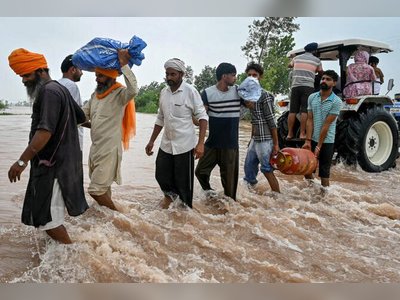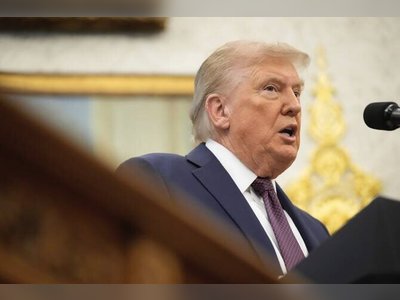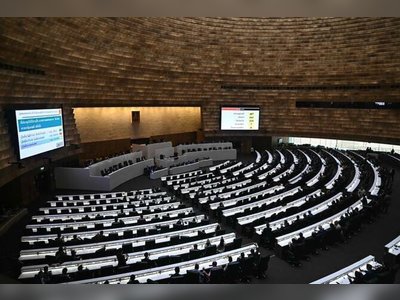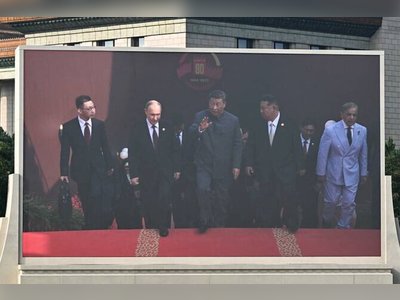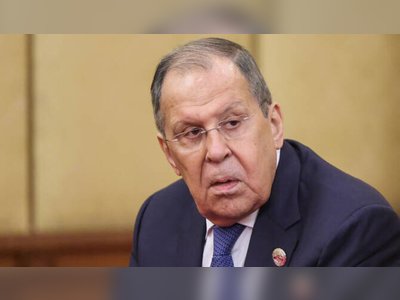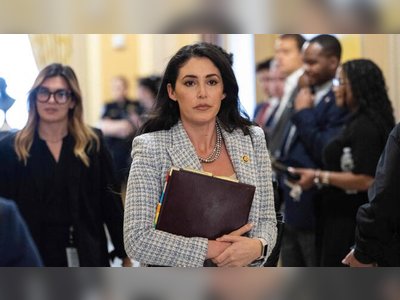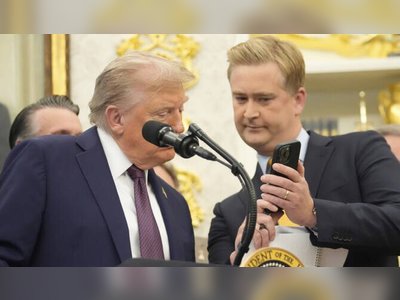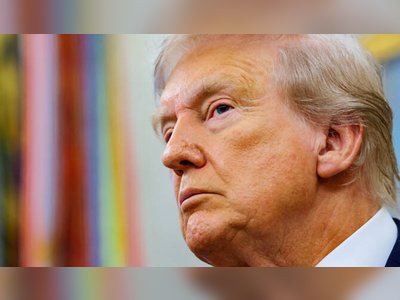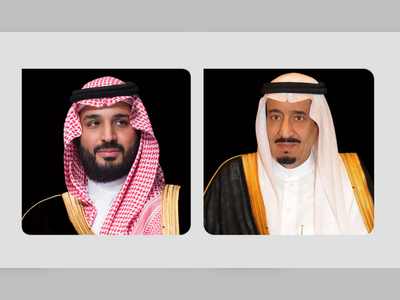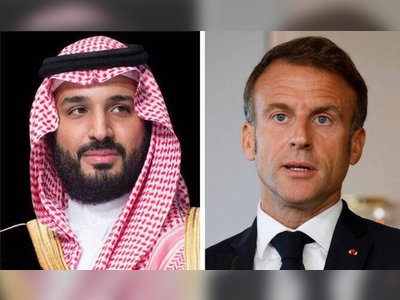
Taiwan Criticizes Strongmen Cults as China Holds Military Parade
Taiwan President Lai Ching-te criticized strongmen personality cults and secret police networks on Wednesday, as Chinese President Xi Jinping hosted a military parade marking the end of World War Two.
Taiwan President Lai Ching-te criticized strongmen personality cults and secret police networks on Wednesday, as Chinese President Xi Jinping hosted the leaders of Russia and North Korea at a military parade commemorating the end of World War II.
Democratically-governed Taiwan, which Beijing claims as its own territory, has repeatedly condemned China for what Taipei views as a distorted historical narrative.
The Republic of China government, which fled to Taiwan in 1949 after losing a civil war with Mao Zedong's communists and retains the formal name to this day, played a significant role during World War II.
General Hsu Yung-chang signed the Japan surrender on behalf of China, a fact that President Lai found gratifying as he noted that all former Axis powers have since transitioned into democracies.
Lai's criticism extended to define fascism broadly, encompassing extreme nationalism, pursuit of illusory great nation rejuvenation, intense domestic speech control, suppression of social diversity, establishment of secret police networks, and the cults of personality surrounding strongman leaders.
Although Lai did not directly reference China's war parade, which was attended by Russian President Vladimir Putin and North Korean leader Kim Jong Un, he implied that their unity may signal a willingness to use force against Taiwan or threaten Western countries.
During China's military parade, Lai participated in a memorial ceremony at Taipei’s National Revolutionary Martyrs' Shrine, honoring those who died fighting for the Republic of China.
The event was not given the same extensive coverage as it received in China.
Taiwanese citizens were advised by their government not to attend Beijing's parade.
Former chairwoman of Taiwan's largest opposition party, the Kuomintang (KMT), Hung Hsiu-chu, was the most prominent attendee from Taiwan at the Beijing parade.
The KMT was the ruling party during World War II and relocated to Taiwan in 1949 alongside the Republic of China government.
The party did not send an official delegation to the military parade held by China.
The political tensions between Taiwan and China continue to escalate, with China increasing its military pressure on Taiwan through drills and other war games.
Lai emphasizes that only Taiwan's people should decide their future, a stance that China vehemently opposes.
Democratically-governed Taiwan, which Beijing claims as its own territory, has repeatedly condemned China for what Taipei views as a distorted historical narrative.
The Republic of China government, which fled to Taiwan in 1949 after losing a civil war with Mao Zedong's communists and retains the formal name to this day, played a significant role during World War II.
General Hsu Yung-chang signed the Japan surrender on behalf of China, a fact that President Lai found gratifying as he noted that all former Axis powers have since transitioned into democracies.
Lai's criticism extended to define fascism broadly, encompassing extreme nationalism, pursuit of illusory great nation rejuvenation, intense domestic speech control, suppression of social diversity, establishment of secret police networks, and the cults of personality surrounding strongman leaders.
Although Lai did not directly reference China's war parade, which was attended by Russian President Vladimir Putin and North Korean leader Kim Jong Un, he implied that their unity may signal a willingness to use force against Taiwan or threaten Western countries.
During China's military parade, Lai participated in a memorial ceremony at Taipei’s National Revolutionary Martyrs' Shrine, honoring those who died fighting for the Republic of China.
The event was not given the same extensive coverage as it received in China.
Taiwanese citizens were advised by their government not to attend Beijing's parade.
Former chairwoman of Taiwan's largest opposition party, the Kuomintang (KMT), Hung Hsiu-chu, was the most prominent attendee from Taiwan at the Beijing parade.
The KMT was the ruling party during World War II and relocated to Taiwan in 1949 alongside the Republic of China government.
The party did not send an official delegation to the military parade held by China.
The political tensions between Taiwan and China continue to escalate, with China increasing its military pressure on Taiwan through drills and other war games.
Lai emphasizes that only Taiwan's people should decide their future, a stance that China vehemently opposes.
